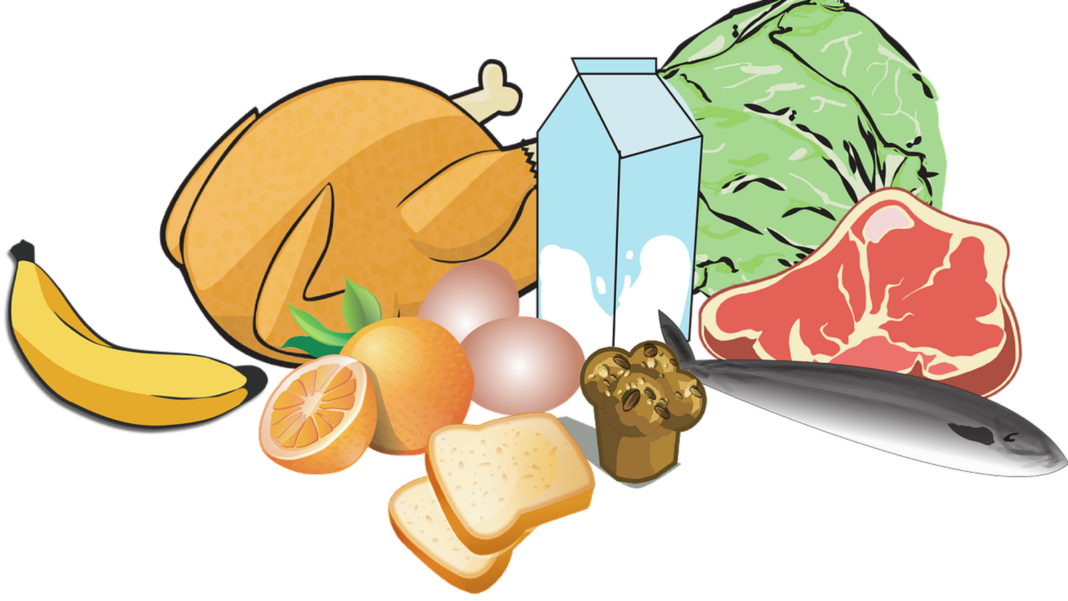Welcome To Latest IND >> Fastest World News
Nov 04, 2024 09:53 AM IST
Microbes causing urinary tract infections, blood infections, pneumonia, and typhoid have developed resistance to antibiotics, making treatment more difficult
The Food Safety and Standards Authority of India (FSSAI) has tightened antibiotics residue norms for meat and meat products, milk and milk products, poultry, eggs and aquaculture, according to an Economic Times report.

Also Read: ‘People have chosen us’: Google CEO Sundar Pichai on recent antitrust ruling
This means that the permissible levels of antibiotic residue have been lowered, and more drugs have been placed on the food safety regulator’s watch list.
This has been done to tackle the increasing problem of ‘superbugs’, which are bacteria and fungi that have gone on to develop resistance to antibiotics and other medications due to the overuse of the aforementioned drugs.
This is a huge health threat and India also has one of the highest rates of bacterial or fungal resistance to antimicrobial agents, according to the report.
Also Read: Elon Musk’s X was supposed to be a bank, dating app and more by now: Report
What are the diseases that are now at risk of being harder to treat because of antibiotic resistance?
The same microbes that cause diseases like urinary tract infections (UTIs), blood infections, pneumonia, and typhoid have developed resistance to commonly used antibiotics, making treatment more difficult, according to an Indian Council of Medical Research (ICMR) report.
However, the newly revised norms will come into effect from April 1, 2025. The current residue limit was set way back in 2011.
“If enforced strictly, the regulations will ensure safer food products for consumers by setting stricter residue and contaminant limits across a variety of food items and help in dealing with antimicrobial resistance,” the report quoted George Cheriyan, working president of Consumers Protection Association (CPA), as saying.
Apart from this, the FSSAI also prohibited the use of antibiotics in honey production and has reset the limit of the chemicals ochratoxin A and deoxynivalenol in wheat, wheat bran, barley, rye and coffee, the report read.
Also Read: Jeff Bezos sells over $3 billion in Amazon shares, becomes 2nd richest person
Stay updated with the…
See more
Latest IND


